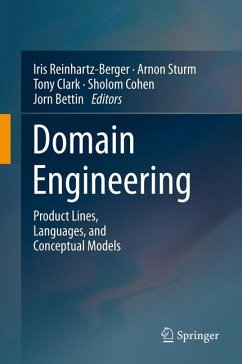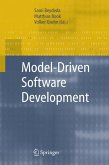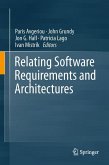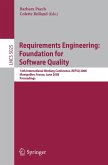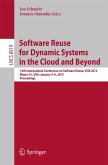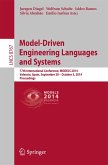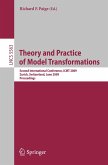In this book, the editors present a collection of invited chapters from various fields related to domain engineering. The individual chapters present state-of-the-art research and are organized in three parts. The first part focuses on results that deal with domain engineering in software product lines. The second part describes how domain-specific languages are used to support the construction and deployment of domains. Finally, the third part presents contributions dealing with domain engineering within the field of conceptual modeling.
All chapters utilize a similar terminology, which will help readers to understand and relate to the chapters content. The book will be especially rewarding for researchers and students of software engineering methodologies in general and of domain engineering and its related fields in particular, as it contains the most comprehensive and up-to-date information on this topic.
Dieser Download kann aus rechtlichen Gründen nur mit Rechnungsadresse in A, B, BG, CY, CZ, D, DK, EW, E, FIN, F, GR, HR, H, IRL, I, LT, L, LR, M, NL, PL, P, R, S, SLO, SK ausgeliefert werden.

